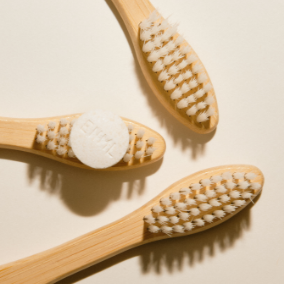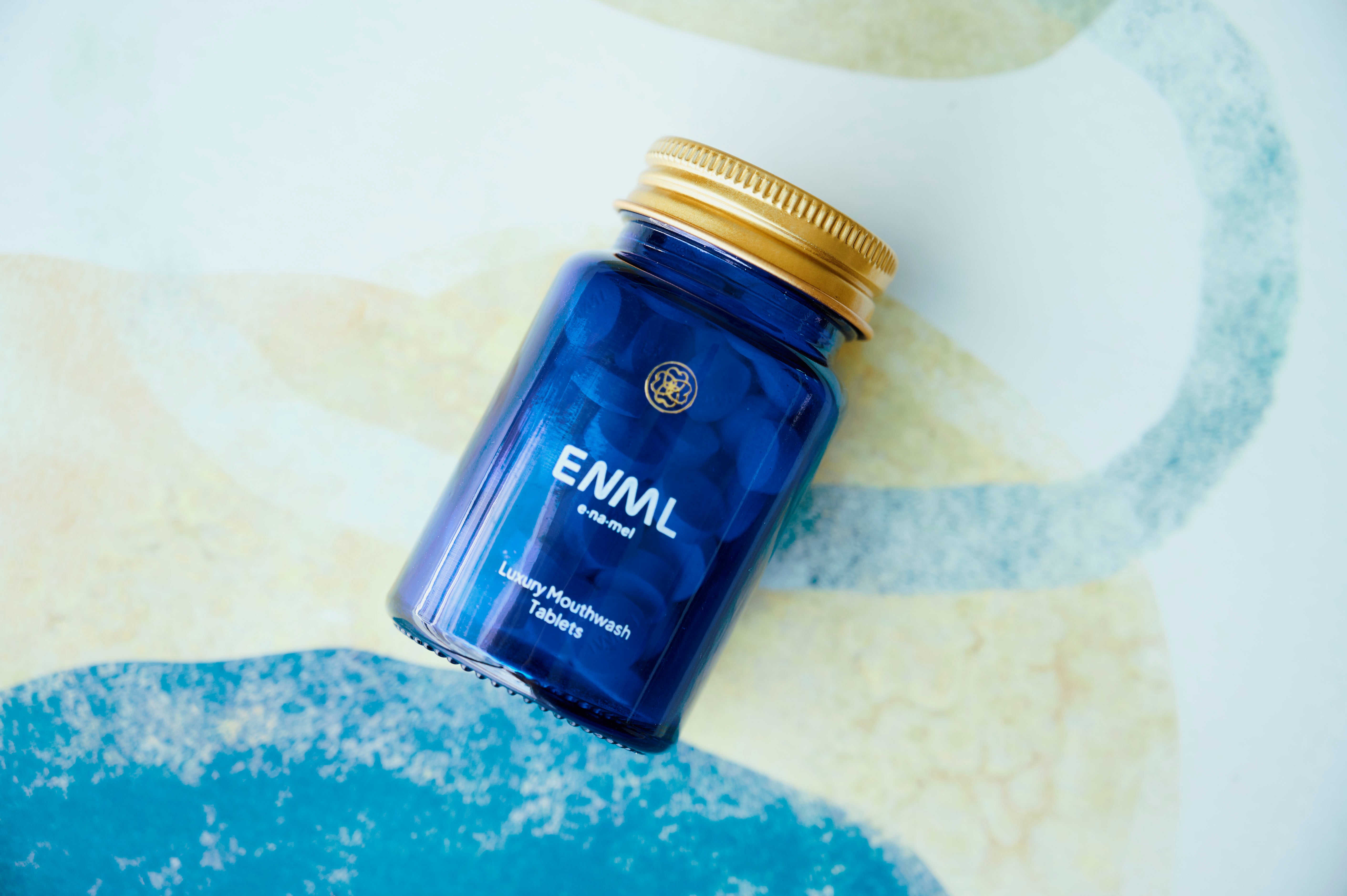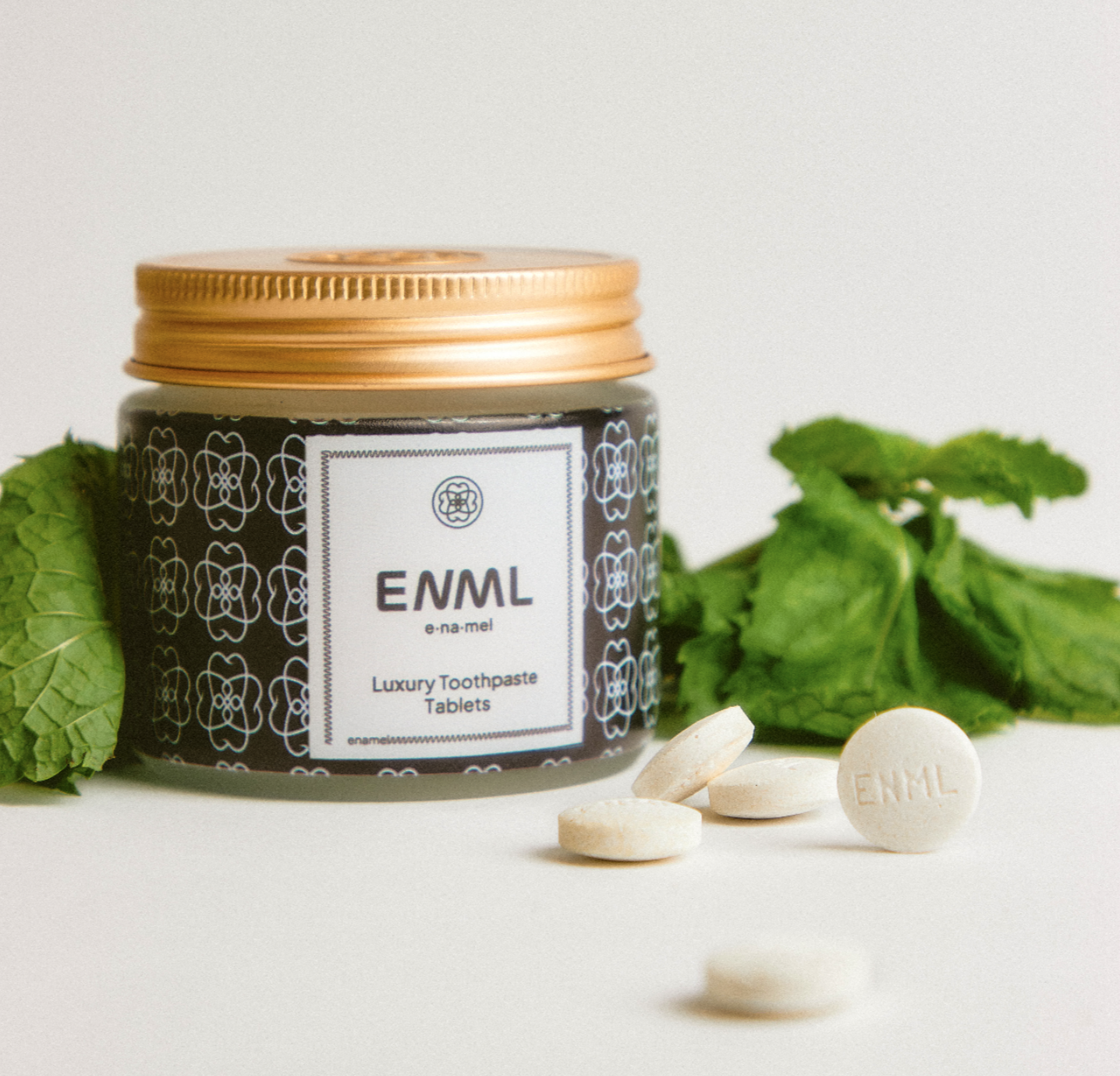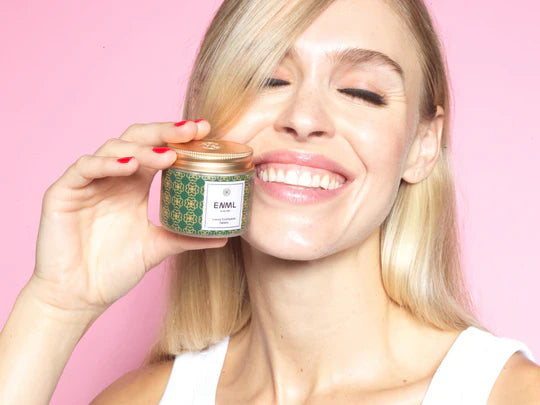Introduction
Bleeding gums during brushing or flossing can feel alarming, but it’s not always a sign to stop. In fact, it’s often a cue to improve your oral hygiene. Dr. Jordan Harper explains why bleeding gums occur, how hormones and inflammation play a role, and why consistent brushing and flossing are key to healthier gums.
Why do gums bleed, and what should you do about it?
Bleeding gums often result from inflammation or hormonal changes, not just poor hygiene. Instead of stopping, improving your brushing and flossing habits is essential for reducing inflammation and keeping gums healthy.
💡Related Post: The Real Cause of Cavities: How Bacteria and Acid Damage Teeth
Video Embed
Key Questions and Answers
-
What causes gums to bleed during brushing or flossing?
Bleeding gums are often a result of inflammation caused by hormonal changes or biofilm buildup under the gumline. -
Does bleeding mean I should stop brushing or flossing?
No! Bleeding gums are a sign to improve oral hygiene, not stop it. Consistent brushing and flossing reduce inflammation and help keep gums healthy. -
What is the role of hormones in gum health?
Hormonal changes, such as those during pregnancy or puberty, can increase gum sensitivity and inflammation, making them more prone to bleeding. -
How can brushing and flossing help inflamed gums?
Brushing and flossing remove trapped biofilm and plaque, reducing inflammation and promoting healthier gums over time.
Conclusion
Bleeding gums shouldn’t stop you from maintaining your oral hygiene routine. Instead, they should encourage you to brush and floss more effectively to reduce inflammation and promote healthier gums. Explore Enamel’s advanced oral care solutions at ENML.com.
Transcript
A lot of people get really nervous when they start brushing their teeth or flossing their teeth, their gums bleed, right? It's not a good sign, but it doesn't mean stop doing it, right? It actually means keep doing it doing it more, right? We want you brushing and flossing more because we want that gum tissue stimulated We want that gingiva cleaned as much as possible because the gingivitis is not being caused by plaque and food being trapped there.
It's being caused by hormones inside the body. Um, and so we're just trying to help keep the tooth as clean as possible. And as all that inflammation occurs, it gets harder to keep the teeth clean because the biofilms get trapped up underneath the inflamed gums.



